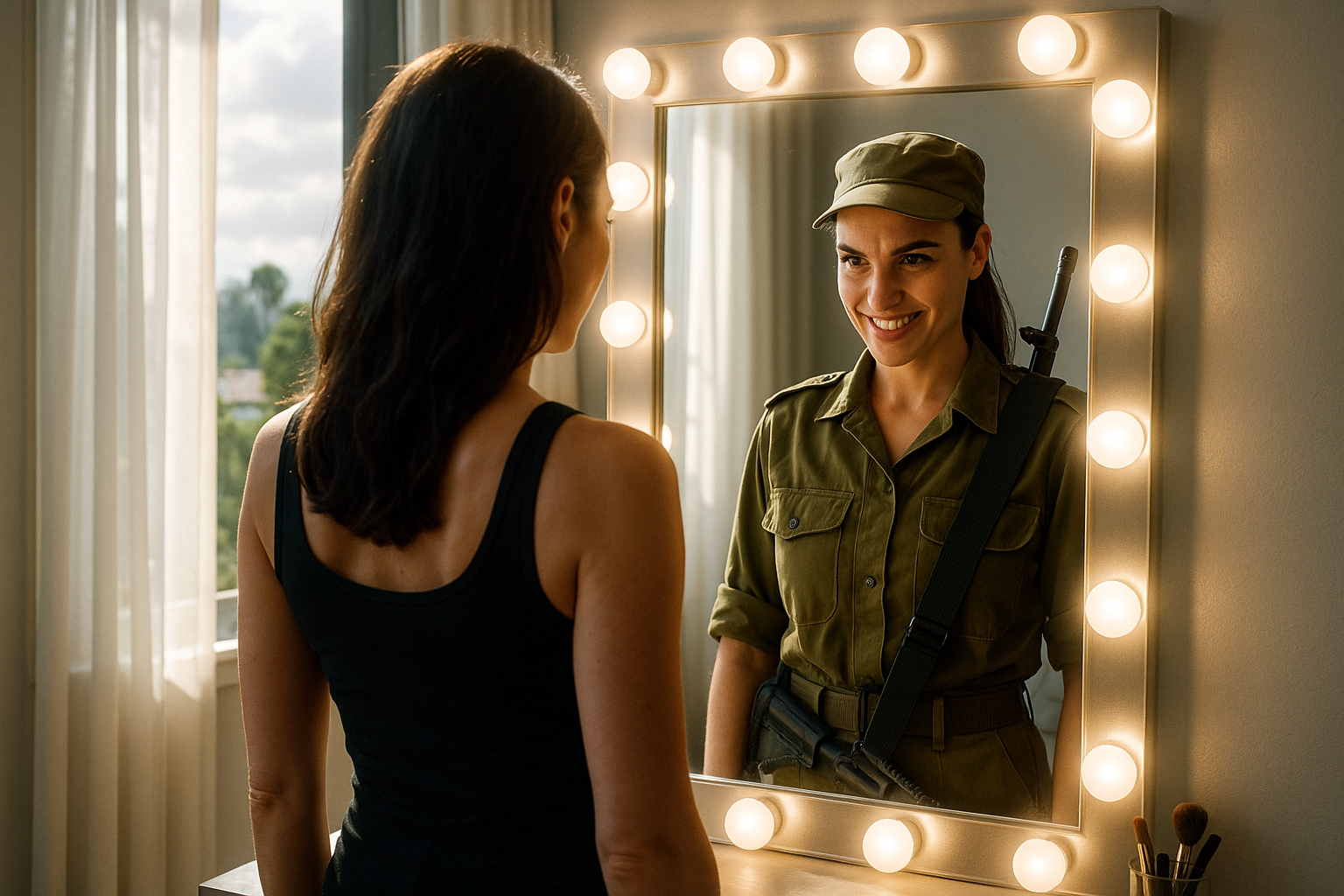Gal Gadot’s rise in Hollywood isn’t just a story of yet another Israeli actor breaking into global fame. It’s a case study in how the entertainment industry often sanitises political legacies in service of global branding.
A former Israeli Defense Forces (IDF) soldier, Gadot has publicly voiced support for Israeli military operations, including during periods of widespread international criticism over civilian casualties in Gaza. While her global image is often marketed through empowering roles and humanitarian tones, critics argue that her visibility in blockbuster roles is being used to normalise — and even legitimize — the Zionist narrative on a global stage.
Her supporters may not see her purely as a symbol of strength. For many, she functions as a culturally accepted platform to subtly reinforce state-aligned ideology. The symbolism is not accidental — a woman once enlisted in an active military force accused of systemic violence is now globally cast as a peacemaker, a savior, and a moral compass in entertainment franchises. That packaging is powerful. And that’s the problem.
Hollywood’s Narrative Management
This kind of image construction is not new. Hollywood has a long history of shaping heroes through state-friendly lenses — actors with military ties, political connections, or sanitised pasts often find themselves at the center of mass media storytelling.
In Gadot’s case, the story is even more layered. Not only does she come from a military background, but she has also openly praised military operations that many human rights groups have condemned. Yet those facts are rarely discussed in mainstream coverage of her career.
Instead, her public persona is carefully managed through brand collaborations, polished interviews, and major film roles that carry moral weight — from Wonder Woman to Netflix-led action titles. She is, in many ways, the embodiment of Hollywood’s ability to convert reality into myth — and controversy into charisma.
Erasing the Victims
When celebrities like Gadot are elevated without contextual scrutiny, the global entertainment machine doesn’t just ignore the uncomfortable facts, it helps erase the people affected by them. In this case: Palestinian civilians. Children and babies. Refugees. Families caught in a cycle of displacement, surveillance, and violence.
What does it mean when a figure associated with that reality is cast as the face of justice, peace, and power?
Critics argue it’s part of a larger propaganda strategy, not necessarily orchestrated in back rooms, but built through decades of media practices that favour certain narratives over others. It’s not just who gets cast… it’s who gets silenced.
The Global Audience Isn’t Blind
Today’s global viewers aren’t passive. Social media, independent journalism, and digital archives make it possible to trace the real-world histories behind entertainment figures. For many, Gadot’s background isn’t just a footnote, it’s central to understanding the dissonance between the roles she plays and the reality she’s tied to.
More importantly, it raises a larger question: why is the entertainment industry so comfortable sanitising military power — especially when it’s linked to ongoing systems of oppression?
Gal Gadot’s career illustrates more than just personal ambition or talent, it reveals the mechanics of modern media mythmaking. In a time when cultural figures carry global influence, who gets uplifted, and why, matters.
This is more than just about cancelling an individual. It’s about interrogating the systems that elevate voices aligned with power, while muting the stories of those impacted by it.
Hollywood doesn’t just reflect culture it shapes it. And in doing so, it often chooses comfort over truth.
